An interesting thing happens when one observes Wes Webb’s Musical Theatre class at Clinton Hill Middle School. One’s posture improves. You find yourself at attention, chin up, and eyes focused.
Of course, it’s because one hears him giving these directions to his students, ages 11 to 14. You see when they’re in his class, they’re not just middle schoolers; they’re performers. And he is their singing coach, stage manager, and choreographer, for as the semester progresses, the performers must get expressive in their presentation. And, through of all, he is their teacher, leading preteens and teenagers in an activity (singing) that is said to release endorphins, serotonin, and dopamine.
We met with Mr. Webb this summer to learn more about his tenure with Prospect Schools.
Read the Q&A below, and also watch a video of this past year’s 7th-Grade’s class cover of “The Fighter,” a song by the band Gym Class Heroes featuring Ryan Tedder. Back in September 2022, we posted a clip of his class rehearsing this song to our Instagram and Twitter accounts. Songwriter Ryan Tedder quote tweeted the clip, adding three hearts, to his 70,000 followers!

1) Why Musical Theater?
My goal in anything I do is to help people become the boldest versions of themselves they can be, and to bring about powerful personal, communal, and global change. The staff in our network do that kind of powerful work every day in math, humanities, art, world language, counseling sessions, and behavior interventions – in all aspects of our work. So why musical theater? As a culture and educators, we talk about equity but often struggle to define what that looks and sounds like. To me, it looks and sounds like people of all identities using their bodies and voices with power, agency, dignity, strategy, skill, and joy. There’s no avoiding it; no matter how much AI and other new technologies take hold, there’s no human endeavor that doesn’t involve the body and the voice. Those are the skills that musical theater gives us.
2) Is this class an elective at CHMS? Or must all students take it?
All 6th-grade students take a semester of musical theater and a semester of studio art. All 7th-grade students take a semester of film with me and another semester of studio art. For 8th grade, students indicate their preference for a yearlong course of either musical theater, film, or studio art, and we do our best to place students in their top choice.
3) How are the songs each semester (or year) picked? What do you look for in a song? Do students ever come to you with requests?
I solicit song suggestions from students and usually choose one or two student-suggested songs per year. I never promise that I’ll choose suggestions, but I promise I will listen to all links they send and give them serious consideration. I welcome suggestions from staff as well, so send them my way! Guidelines:
- We prioritize outstanding songs by women, LGBTQ, and BIPOC artists.
- Pop songs with rock or hip-hop influences usually work best. We use the skills of musical theater to create our own original, dramatized versions of popular music.
- Go ahead and suggest show tunes; we do them occasionally. No shade; I love musicals, but a lot of musical theater has A TON of racial, gender, and socio-economic baggage. It’s usually not what’s going to reach most students.
- Collaboration between artists working in different musical styles can be really artistically exciting.
- Collabs between artists of different identities can be really great, especially those that mirror the demographics of our community. Last year’s 7th-grade video, “The Fighter” is a great example of that. We are diverse-by-design as a network and as a community of performing artists!
- Songs with strong choruses (the main part of the song), are the kind that get stuck in your head in a good way.
- School appropriate. If there’s a clean version, great. If there’s not a clean version, we can sometimes make some judicious edits.
- No songs about romantic love. I love love songs, but they can feel bizarre performed by an ensemble of 30 middle school students. Ya know?
- Even if I don’t choose a song a student suggests, I still love to hear what kind of music they like!
4) There are videos on YouTube of your class performances from as far back as 2015! Have you kept in touch with these students?
I do! A former advisee of mine and soloist in his 7th-grade year lives across the hall from me. Two other former students, also soloists, regularly babysit my daughter. I live just a few blocks from the high school, and it’s so great running into former students from Windsor Terrace and Clinton Hill! Many students have chosen to continue studying in the arts in high school and beyond, but I don’t keep close tabs on that. Some measure success by how many students get into performing arts schools and how many book professional jobs. And that’s all great. But again, what I care about most is that the experiences we offer our students embolden them to do right by themselves and to do good in the world. You can do that as an actor/singer, but you can do that just as powerfully as a writer, scientist, or athlete.
5) What’s something that keeps you in this job? We’ve all heard how tough the pandemic was for the teaching profession. It must have been challenging to teach musical theater via Zoom. What has kept you here at Prospect Schools doing this work?
Three things:
- Our commitment to diversity by design. It’s my strong feeling that if we’re going to get serious about the disgusting inequities our country perpetuates, we’ve got to do it together. Diversity by Design gives us a concrete vision of not only what to fight against but what to fight FOR—powerful individuals, powerful together.
- Opportunities for growth and leadership. My first year at Brooklyn Prospect was one of the most challenging things I’ve gone through. There’s such a real pressure on teachers to be strong yet warm, authoritative yet fun, have everything under control but allow students to explore, raise scores but keep the learning project-based and relevant, work off the clock, and sacrifice their health and sense of self. That’s the current culture of education in our country that we are up against. Is it impossible? No. But it is very, very difficult. Were it not for the school leadership and coaching I received in that crucial moment when I was crashing and burning, I would not have made it past two months. Those folks helped me focus on what was most important, treated me like a human being, and invested in rapidly developing me. Kim Raccio was one of the most pivotal people for me in that early journey. She helped me get to the other side of that in that first year. It’s so gratifying to be in a position to help embolden teachers and to see them transform from crisis to confidence in the classroom.
- The people I work with and for. In particular, Stephanie Marchena, Kylie Taylor-Barker, Matt Ellis, Martial Toussaint, and Danielle Camero. These folks are exceptional, purposeful education leaders, who inspire me in their dedication to doing what’s right for our kids and our staff, but they’re also just a lot of fun to work with!

